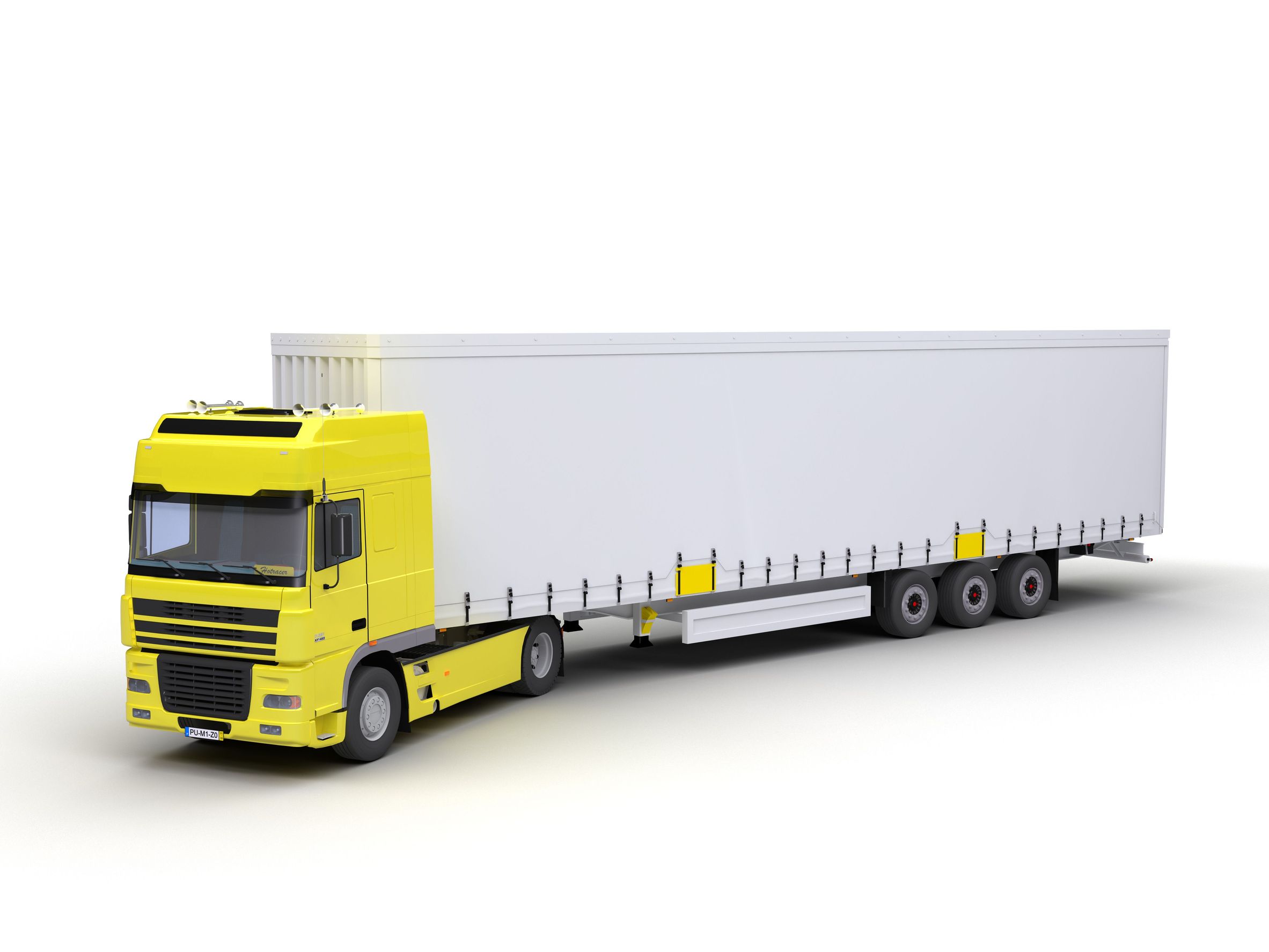As cities across the United States continue to grow, the demand for fast, reliable, and efficient delivery services has never been higher. The final stretch of a product’s journey—known as the “last mile”—poses unique obstacles in urban environments, from congested streets and limited parking to ever-increasing customer expectations for speed and transparency. For those searching for a Last Mile Logistics Company that can navigate these complexities, understanding how these specialized providers operate is essential to maximizing supply chain efficiency and customer satisfaction.
Navigating Urban Obstacles
Urban delivery is not without its challenges. Traffic congestion, narrow streets, and strict delivery windows can all hinder the timely arrival of packages. A last mile logistics provider addresses these issues by leveraging local expertise and advanced route optimization technology. By mapping out the most efficient delivery paths and adapting to real-time traffic conditions, these companies minimize delays and ensure packages reach their destinations on schedule.
Additionally, the use of strategically located micro-distribution centers within cities helps reduce travel distances, allowing for quicker and more flexible deliveries. This approach not only streamlines operations but also reduces the environmental impact associated with lengthy urban routes.
Harnessing Technology for Enhanced Visibility
In today’s digital age, customers expect to know exactly when their packages will arrive. Last mile delivery specialists utilize sophisticated tracking systems, providing real-time updates and notifications throughout the delivery process. This transparency builds trust and allows recipients to plan accordingly, reducing missed deliveries and the need for costly redelivery attempts.
Some common technological solutions employed include:
- GPS-enabled route tracking for accurate ETAs
- Mobile apps for customer communication and feedback
- Automated notifications via text or email
These innovations not only enhance the customer experience but also streamline operations for delivery teams, allowing them to adapt quickly to shifting demands.
Customizing Services for Diverse Urban Needs
Every city presents its own set of delivery requirements, from the dense high-rises of New York to the sprawling neighborhoods of Los Angeles. A last mile provider tailors its services to meet the specific needs of each urban area. This may involve offering contactless delivery options, using electric vehicles to comply with city emissions regulations, or deploying bike couriers for rapid service in congested downtown districts.
Moreover, companies often provide flexible delivery schedules—including evening and weekend options—to accommodate recipients’ busy lifestyles. This adaptability is key to meeting the expectations of today’s urban consumers.
Ensuring Security and Reliability
Urban areas can pose security risks, such as package theft or loss. Last mile specialists implement secure delivery protocols, including photo confirmation, signature requirements, and secure drop-off locations, to mitigate these risks. These measures ensure that packages are delivered safely and reliably, even in the most challenging urban environments.
The Path Forward for Urban Deliveries
Meeting the demands of urban delivery requires a combination of local expertise, advanced technology, and adaptable service offerings. By addressing traffic congestion, optimizing routes, embracing transparency, and prioritizing security, last mile logistics providers play a critical role in supporting the growth of e-commerce and maintaining high customer satisfaction.
As American cities continue to evolve, the importance of specialized last mile solutions will only increase. Businesses and consumers alike benefit from the innovative strategies these companies employ, ensuring that packages arrive quickly, safely, and reliably—no matter the urban challenge.

